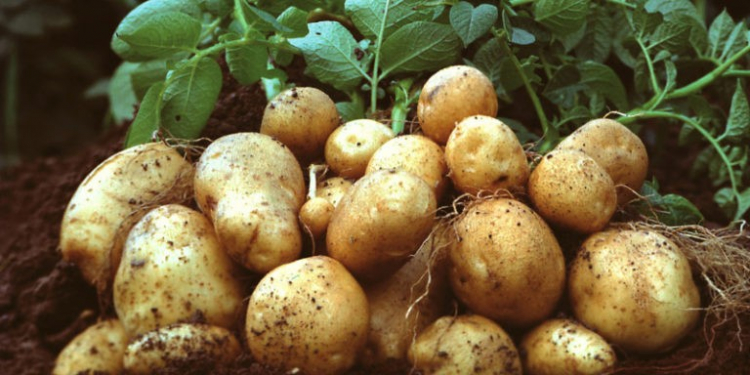Manipulating RNA can allow plants to yield dramatically more crops, as well as increasing drought tolerance, according to research published in Nature Biotechnology. A group of scientists from the University of Chicago, Peking University, and Guizhou University said that, in initial field tests, adding a gene encoding for a protein called FTO to both rice and potato plants increased their yield by 50%. The plants grew significantly larger, produced longer root systems and were better able to tolerate drought stress. Analysis also showed that the plants had increased their rate of photosynthesis.
“The change really is dramatic,” said University of Chicago Professor Chuan He, who together with Guifang Jia at Peking University, led the research. “What’s more, it worked with almost every type of plant we tried it with so far, and it’s a very simple modification to make.”
The researchers are hopeful about the potential of this breakthrough, especially in the face of climate change and other pressures on crop systems worldwide.
“This really provides the possibility of engineering plants to potentially improve the ecosystem as global warming proceeds,” said He, who is the John T. Wilson Distinguished Service Professor of Chemistry, Biochemistry and Molecular Biology. “We rely on plants for many, many things — everything from wood, food, and medicine, to flowers and oil–and this potentially offers a way to increase the stock material we can get from most plants.”







